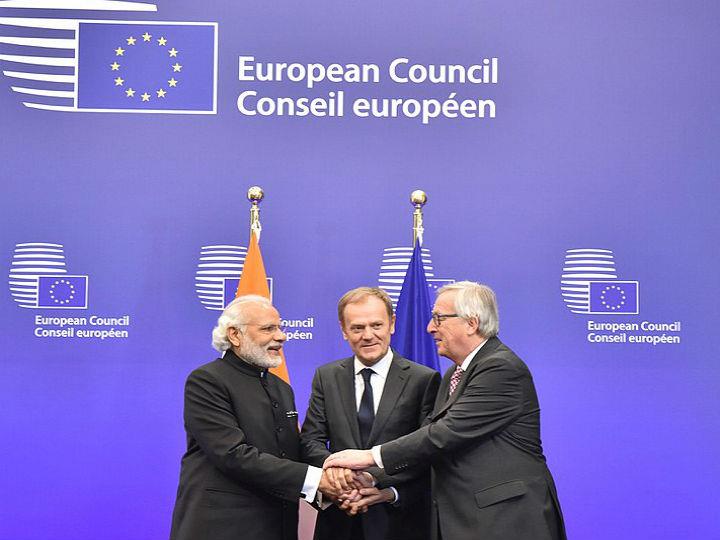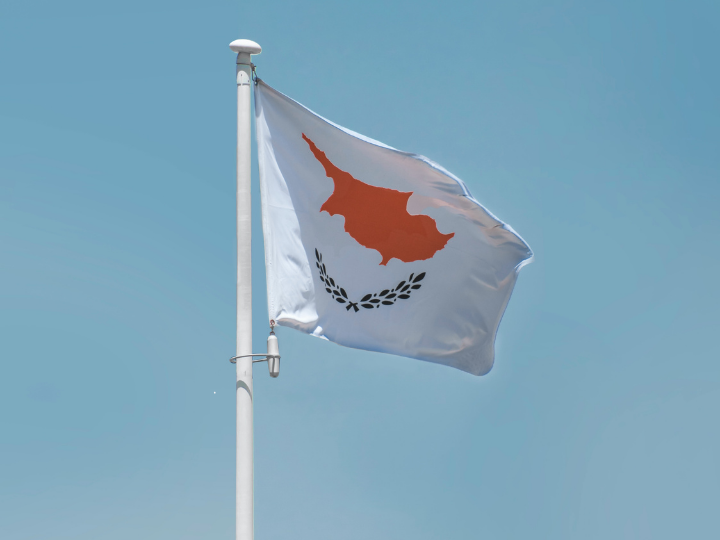by Radu Magdin
The European Union is at a strategic crossroads. After the confirmation in the European Parliament, the next European Commission will have to change gears and refuse to be consumed by small stakes. It is not enough to embrace “strategic autonomy” or to talk about a “geopolitical” Commission, the time has come for the EU to deliver by showcasing relevance, decisiveness and even creativity. Given that the negotiation of the next European budget will be more of a headache, the strategic minds of the Union have started to put more emphasis on how the EU can turn the increasingly prominent great power competition to its advantage. As it looks for a “big win” in the coming year, the EU could make of its strategic partnership and relation with India a key piece of its global game. Yes, there will be in 2020 another big stake, with the China-EU summit, to be organized under the German EU Presidency, but this does not preclude Brussels and Delhi to walk the talk from sharing a similar worldview to building up a more concrete partnership.
With the exception of France (who, by the way, views India as a strategic partner), the EU has been slow to react to the trade war between United States and China and to the weakening of the rules-based international order. Caught off guard, the EU is seeking to regain the lost ground and to be influential beyond its immediate neighborhood. Although some have argued that the Union should first deal with the economic and political reverberations of Brexit, that an internal consolidation is mandatory before enlargement to the Western Balkans or that a “global strategy” is too much of a task, others have rightly pointed out that the international realignments, especially the unilateralism of a Trumpian United States and the rise of a perhaps overconfident China, risk to transform the very context in which the Union operates.
There is no clear solution to the EU’s Trump problem. For example, France’s plans for more defense and security cooperation – a step to compensate for the unpredictability of Washington – have been received with caution in Berlin and with sheer mistrust in Central and Eastern Europe. Calling NATO brain dead does not help either. In all honesty, the hope in Brussels is that the US will come back to its old strategy after the disruptive president is defeated in the elections next year in November. But Trump may actually win again, and Europe hasn’t got a plan B for 4 more years except for an ambitious "strategic autonomy" which is hard to predict in terms of actual progress. Europe also pays more attention to the moves of China, first within its own borders and then in different parts of the world. After the U.S. has used its leverage with some Central and Eastern countries, Germany seems to reconsider its initial open stance on 5G. More generally, Chinese investments will be analyzed not only through an economic lens, but also by factoring in technological transfer, access to innovation and patents, and the buzzword "reciprocity". Investment screening is now available at EU level and will be used when needed. However, all these steps are rather reactionary, risking being perceived as the desperate moves of waning (soft) power.
This is where the relation with India could play an important part. The EU is one of the strongest believers in the current rules-based international order, in globalization and free trade. Nonetheless, internal divisions, demography and the international logic prevent the Union to act alone and it has to look for valuable partnerships. Building an alliance of major players, emerging powers and small states is not an easy task, but actions have been taken: the recently entered into force FTA with Japan, the enhanced cooperation with Canada or the attempt to give real substance to the partnership with India. Showcasing that there is an alternative to great power competition and that a different world dynamic is possible, takes off if, for example, EU can coordinate with a major country like India on matters of deep significance. This is entirely consistent with the Indian ethos based on throwing off the notion that the world is a battle between two things/powers – something that could be thought by observing the US – China cold war. By making such a bet, Europe could indeed demonstrate that it can escape strategic defensive: the EU has the potential to contribute to a soft rebalancing in Asia, but of a type that is different from a US "China containment" strategy.
If this is the strategic dimension, then the challenge will be to move towards real progress at the sectoral level. Fortunately, there is a long list of topics of common interest that can really receive greenlight once the existential, key aspects of the cooperation have been sorted out. Connectivity, nuclear nonproliferation, investment in new (environmental) technologies and maritime security (for instance, the Indian Ocean could become a bridge, with impact on joint naval patrolling or something even bolder such as space operations) are on everyone’s mind. Europe has already the financial tools to invest in India’s infrastructure and to show to the other countries of the region that the Belt and Road Initiative (BRI) is not the only game in town; for example, there is potential for coastal cities twinning between Europe and India, with investments and mutual benefits. Climate change mitigation is another area of convergent interest – let’s only think about the opportunities for the recycle economy. What is essential here, as others have suggested, is that trade is only a small part of the bigger picture. The long-term goal is to bring together like-minded powers such as the EU, India, Japan, Australia and ASEAN and to set the way forward for reimagining a world order under big pressure today. The time to go strategic has arrived.




 By: N. Peter Kramer
By: N. Peter Kramer
